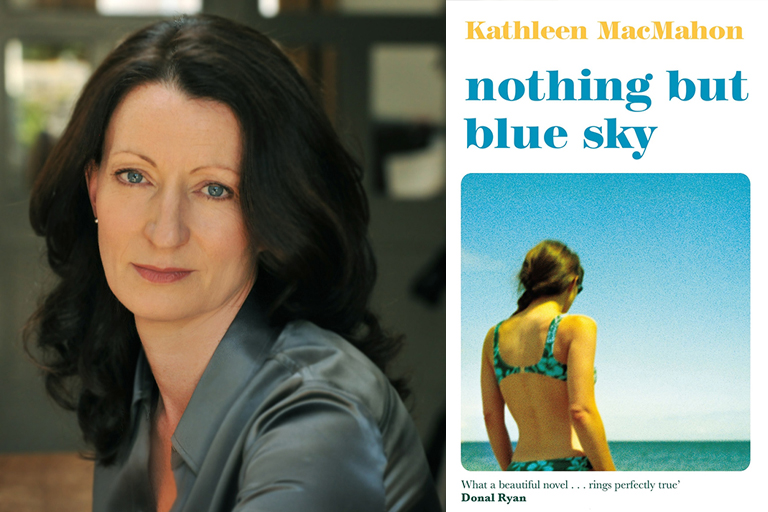Lynne Parker is the Founder & Chief Executive of Funny Women, a not-for-profit community that helps women find their voice through performing, writing and creating comedy. Here, she tells us why she thinks humour in a book is vital – but so hard to pull off.
A book without humour is, in my opinion, an abomination. Whilst I accept that text books don’t lend themselves to comic tropes, even the people who use such tomes to educate inevitably employ humour to bring them to life. Humour and ‘comedy’ are essential tools for learning and communicating. We all remember a funny person, and a funny book.
I am reminded on an almost daily basis that there is still a perception that ‘women aren’t funny’ and after 18 years of running Funny Women I lose my ‘sense of humour’ when challenged on this. In truth women use humour instinctively and have more innate comic ability than men. Women laugh with each other and men at each other. Female humour is intuitive and creative, connects communities and puts people at their ease.
From the minute new life is created, women use humour to reassure, assuage hunger, soften pain and entertain our progeny. A tickle or a game of ‘boo’ goes a long way. Women have a unique ability to tell a ‘funny story’ because comedy and its opposing tragedy are the pillars of our female lives and works of fiction have demonstrated this so forcefully for hundreds of years.
My first introduction to comedy in literature was reading Pride and Prejudice penned by the wickedly humorous Jane Austen. It was on the school curriculum and remains one of a handful of books that I often revisit to check out a quip or turn of phrase. The genius is in the observation and, although the dialogue and narrative might be slow for modern tastes, the humour remains fresh and relevant 200 years later.
Austen has been analysed by students of literature the world over and I’ve had many a discussion about why she is or isn’t funny depending on your interpretation. The best comedy is rooted in truth and experience so that the reader relates. Austen may now be considered out of date but she set the benchmark high.
Fast forward to 1996 when Helen Fielding launched Bridget Jones onto the literary scene with her hapless modern day heroine who started out as a spoof newspaper columnist and went on to feature in three books. There are strong parallels with Austen’s Elizabeth Bennet and comedy and tragedy flavour both of their narratives. We all know or identify with somebody like Bridget Jones, as we do Elizabeth Bennet, playing on the familiarity of a central female character who is flawed and speaks the truth.
Great female writers who don’t take themselves too seriously and provide a welcome contrast to the ‘drama’ both real and imagined of everyday life, are a breath of fresh air. This explains the success of television shows like Fleabag, Killing Eve, Motherland and Miranda. Women have always written brilliant comic characters and so much of what we see on screen has started in book form.
There have been more than 30 film versions or adaptations of Jane Austen’s Pride and Prejudice, and Emma has been reinterpreted for film and television at least six times. One of Austen’s most enduring (and annoying) male characters Mr Darcy was memorably reincarnated in the Bridget Jones novels and all three Bridget Jones movies.
Books are the start point for many a good film or television series and have provided an incredible platform for women to find their voice for over 200 years. Female writers have created some of the memorable comedy icons in literature so, if anybody says women aren’t funny to you, please remind them of this!
If you’d like to find out more about Funny Women and what they do for women in comedy and beyond, including events, workshops, Awards and more, please visit the Funny Women website.







